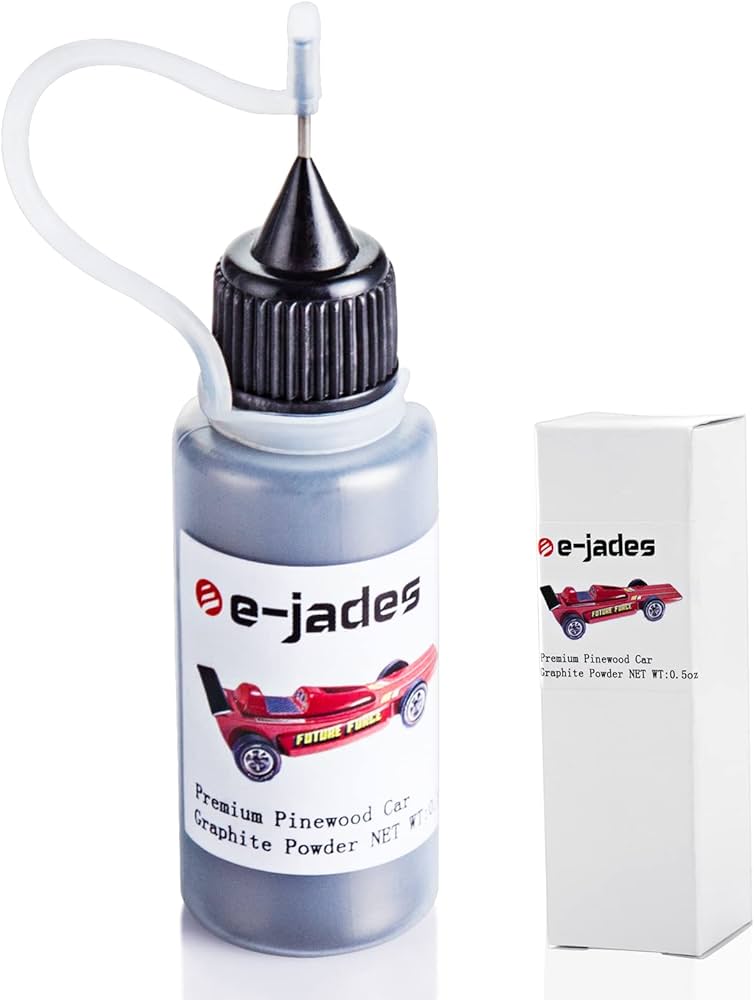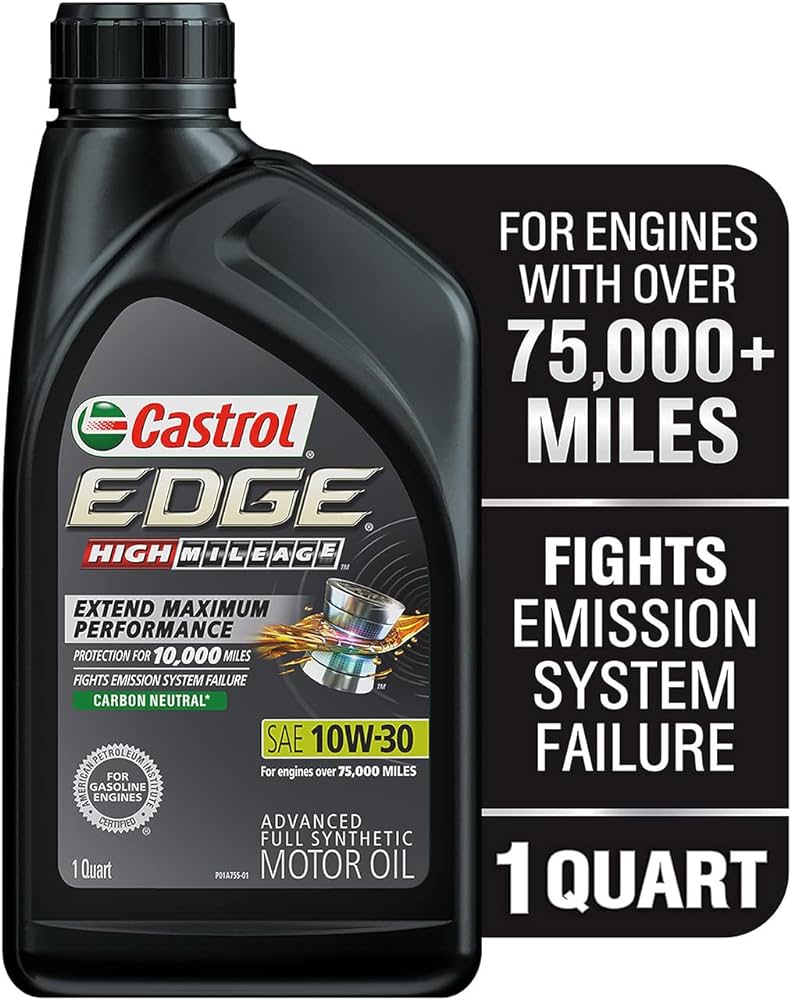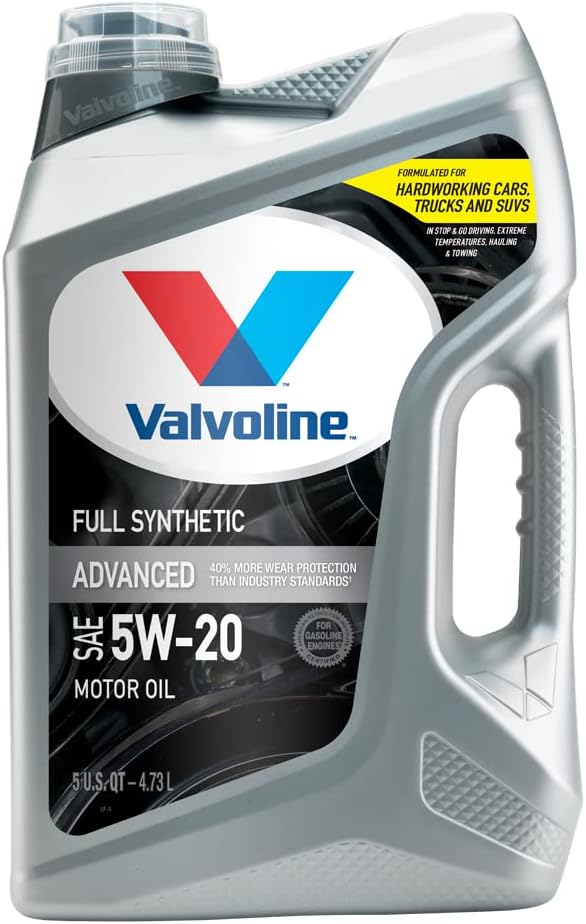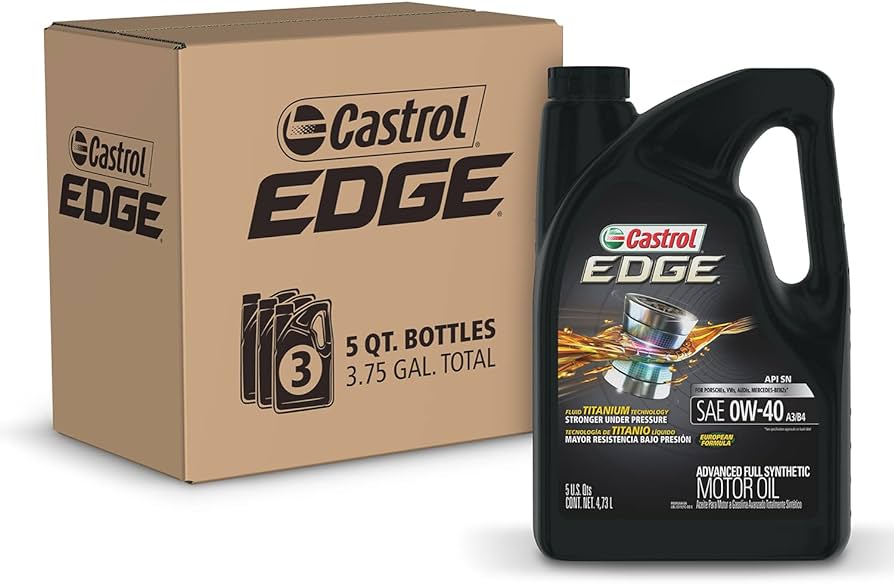Lubricant for Car Door Locks: Ultimate Guide to Smooth and Secure Locks
The best lubricant for car door locks is silicone lubricants, while another suitable option is white lithium grease for metal-to-metal joints, including hinges and locks. When it comes to maintaining and ensuring the smooth operation of your car’s door locks, it’s essential to choose the right lubricant. Using the correct lubricant can prevent rust, corrosion, and squeaks, as well as extend the lifespan of your locks. Two popular options for lubricating car door locks are silicone lubricants and white lithium grease. Silicone lubricants are effective in creating a protective barrier, while white lithium grease is suitable for metal-to-metal joints. By regularly lubricating your car door locks, you can ensure optimal functionality and reduce the risk of lock-related issues. Importance Of Lubricating Car Door Locks Importance of Lubricating Car Door Locks Properly lubricating your car door locks is essential for maintaining their functionality and longevity. By using the right lubricant, you can increase the lifespan of your car door locks, prevent lock jamming and key breakage, and ensure smooth operation every time you open or close your car doors. Increasing Longevity Of Car Door Locks Regularly lubricating your car door locks is crucial for increasing their longevity. Over time, dirt, moisture, and debris can accumulate in the lock mechanism, causing friction and making it difficult to insert or turn the key. By applying a high-quality lubricant, such as silicone or white lithium grease, you can prevent this buildup and keep the lock mechanism clean and well-functioning. Silicone lubricants are especially effective for car door locks as they create a non-stick, water-repellent film on all surfaces. This film helps to reduce wear and tear, preventing premature damage to the lock mechanism. Additionally, silicone lubricants do not attract dust or dirt, ensuring long-lasting performance. Preventing Lock Jamming And Key Breakage One of the main benefits of lubricating your car door locks is the prevention of lock jamming and key breakage. When locks are not adequately lubricated, the key may encounter resistance when inserted or turned, leading to jamming or even key breakage. By regularly applying lubricant to the lock mechanism, you reduce friction and ensure smooth operation. The lubricant helps to ease the movement of internal components, allowing the key to enter and turn effortlessly. This not only prevents lock jamming but also minimizes the risk of key breakage, which can be both inconvenient and costly to repair. When it comes to choosing the right lubricant for car door locks, white lithium grease is another excellent option. It is suitable for metal-to-metal joints, including hinges and locks. The high-quality lubrication provided by white lithium grease ensures optimal performance and minimizes the chances of lock-related issues. Don’t forget to regularly inspect the condition of your car door locks and apply lubricant as needed. This simple maintenance step can save you from the frustration of dealing with malfunctioning locks and potential locksmith expenses. Types Of Lubricants For Car Door Locks When it comes to maintaining your car’s door locks, using the right lubricant is essential. Lubricating your car door locks not only keeps them functioning smoothly but also prevents rust and corrosion. In this article, we will discuss three popular types of lubricants specifically designed for car door locks: silicone lubricants, white lithium grease, and PTFE lubricants. Silicone Lubricants Silicone lubricants are widely regarded as one of the best options for lubricating car door locks. They have numerous benefits that make them a popular choice among car owners. Here’s why: High heat resistance: Silicone lubricants can withstand high temperatures without breaking down or evaporating, ensuring long-lasting lubrication even in extreme weather conditions. Waterproof: Silicone lubricants repel water and moisture, providing a protective barrier against rust and corrosion. No attractant for dirt: Silicone lubricants do not attract dirt or dust, keeping your car door locks clean and free from debris. To apply silicone lubricant to your car door locks, follow these steps: Clean the door lock with a cloth to remove any dirt or debris. Spray a small amount of silicone lubricant directly into the lock mechanism. Insert the key and turn it several times to distribute the lubricant evenly. Wipe away any excess lubricant with a clean cloth. White Lithium Grease Another effective lubricant for car door locks is white lithium grease. This type of lubricant is particularly suitable for metal-to-metal joints, including hinges and locks. Here are some benefits of using white lithium grease: Excellent lubrication: White lithium grease provides long-lasting lubrication, ensuring smooth operation of your car door locks. Rust and corrosion protection: The grease forms a protective barrier against moisture, preventing rust and corrosion from forming on the metal surfaces. Easy to apply: White lithium grease is available in aerosol cans, making it easy to spray onto the lock mechanism. To properly apply white lithium grease to your car door locks, follow these steps: Clean the lock mechanism using a cloth to remove any dirt or debris. Shake the white lithium grease can before use. Spray a small amount of grease directly into the lock mechanism. Insert the key and turn it several times to distribute the grease evenly. Ptfe Lubricants PTFE lubricants, also known as Teflon-based lubricants, are highly recommended for lubricating car door locks. They offer several advantages that make them a preferred choice for lock maintenance. Here are some benefits of PTFE lubricants: Dry formulation: PTFE lubricants dry quickly, leaving behind a non-stick, water-repellent film that does not attract dust or dirt. Long-lasting protection: The lubricant’s dry film provides long-lasting lubrication, ensuring smooth operation of your car door locks. Prevents freezing: PTFE lubricants help prevent freezing by repelling water and moisture, protecting your locks during cold weather. To lubricate your car door locks with PTFE lubricant, follow these step-by-step instructions: Ensure the lock mechanism is clean and free from dirt or debris. Apply a small amount of PTFE lubricant directly into the lock mechanism. Insert the key and turn it several times to distribute the lubricant evenly. Wipe away any excess lubricant with a clean cloth. With regular
Lubricant for Car Door Locks: Ultimate Guide to Smooth and Secure Locks Read More »





